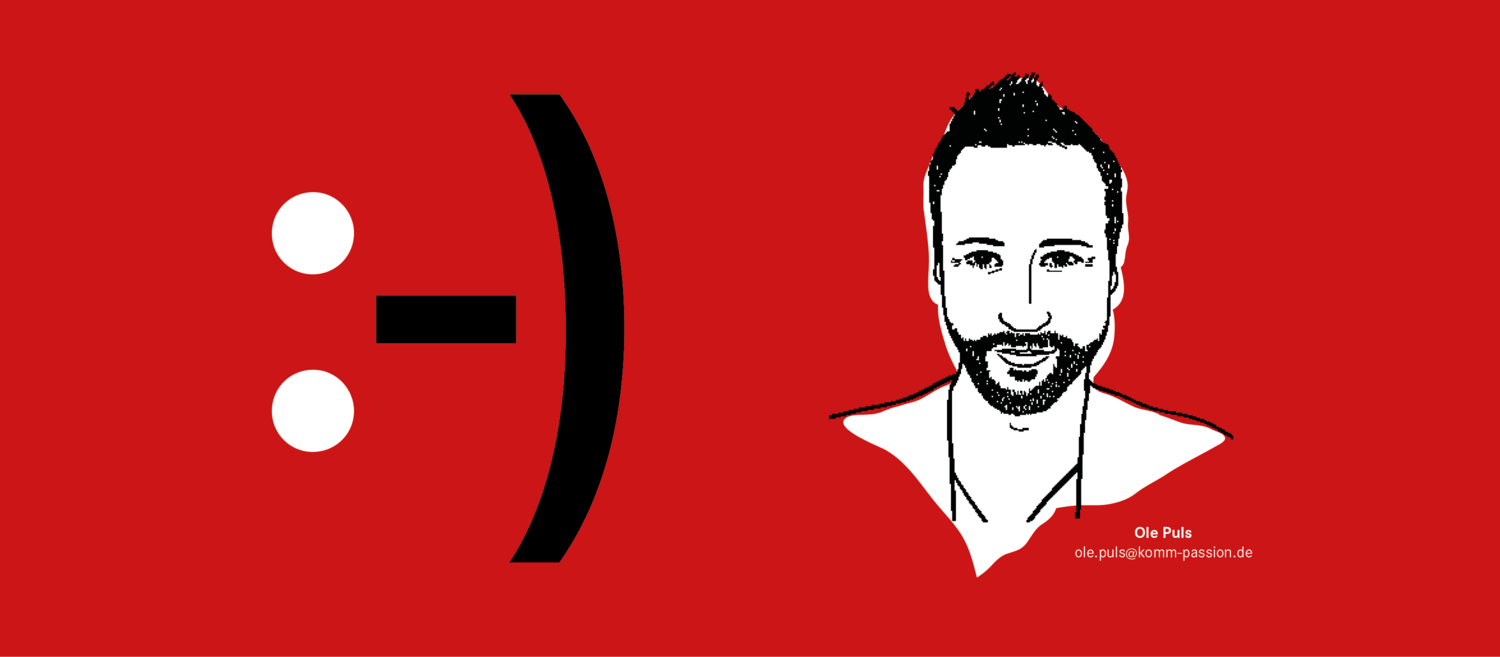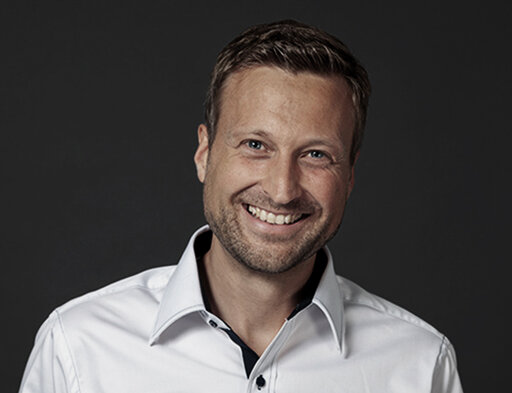Macht man es beispielsweise mit dem _Unterstrich, läuft man bzw. frau Gefahr, in ohnehin unterstrichenen Textabschnitten übersehen zu werden. Gendert man hingegen mit *Sternchen, steigt einem Die Gesellschaft für deutsche Sprache (GfdS) aufs Dach bzw. lesen Screenreader es irritierenderweise mit. Und einfach nur ein „Innen“ zu ergänzen, wird auch nicht allen gerecht.
Tja, selbst Schuld. Jahrtausende haben wir Männer nicht nur bestimmt, was Frauen und anders Fühlende sagen dürfen, sondern – fast noch schlimmer – was sie sagen können. Indem wir ihnen Sprache in den Mund gelegt haben (siehe oben) und mehr noch, indem wir die Sprache, das Leben und schließlich die ganze (Berufs-)Welt nach unserem Ebenbild geformt und das Weibliche sowie alle anderen Formen einfach ausgeschlossen haben.
Some neutral forms (like “Chair” of the Board) can cause reader confusion. Excessive rewording or use of punctuation marks would cause a meltdown among the grammar experts – and could also cause a few technological headaches. And always adding feminine endings would shut people out as well.
Well...we’ve got ourselves to blame. For millennia, we men have not only dictated what women and those who feel differently can do, but also – and almost even worse – what they can say. We’ve done so by putting words in their mouths (see above) and even more so by creating language, life, and the entire (professional) world in our own image, and simply excluded what is feminine along with all other forms.
We have to do a lot more than simply use gender-inclusive language. We have to think about the effect language has on our behavior. On equal opportunities. On the way we treat each other in our daily lives. We have to keep talking about it. Including – and most of all – in the communications industry.
Because after all, we’re not only witnesses to language’s constant state of flux – we are also constantly busy actively shaping it. And that’s the good news. We all can change the way we speak – and therefore behave. Or to put it the other way around: We can finally behave properly and – please, by all means – express ourselves accordingly... if we reflect on ourselves and work consistently at it. Which sounds harder than it is. But in the end, language remains an everyday thing – and only as such can become more self-evident. Namely, to the point that it’s really not self-evident that words are prespecified in masculine language.



 komm-passion.de
komm-passion.de

